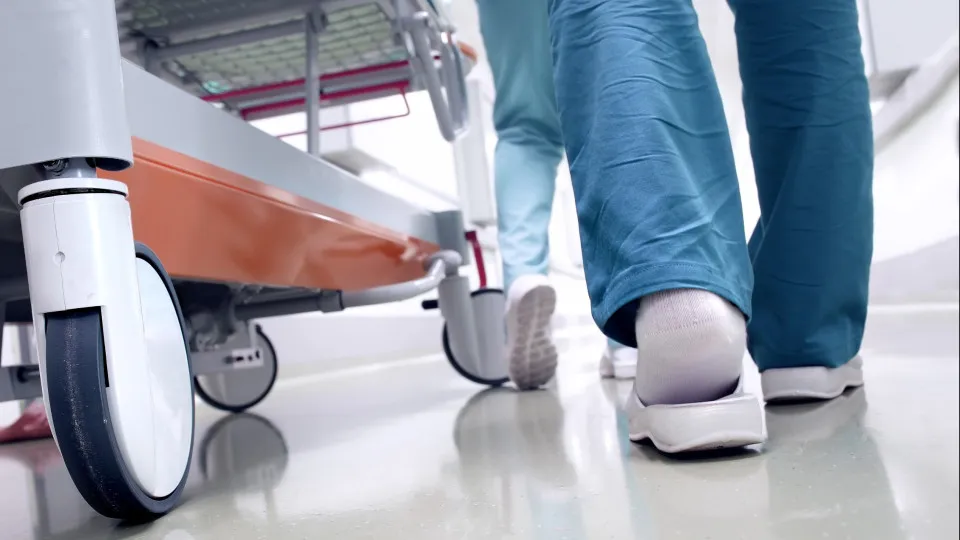
The Medical Association (OM) has addressed recent IT failures in various hospitals and health centers, attributing these issues to the dependency on centralized solutions provided by the Shared Services of the Ministry of Health (SPMS). The organization calls for measures to prevent recurrence.
“Implementing redundancy systems synchronized with the central database is a priority to ensure continuity and security in information access,” stated Carlos Cortes, president of the OM. He emphasized that only with such measures can uninterrupted healthcare activities be ensured, protecting both doctors and patients.
The OM highlighted that these disruptions, caused by a NOS software update in the Health Information Network (RIS), obstructed doctors from accessing consultation and hospitalization records, complicating prescription and requisition processes.
Moreover, the pressure on emergency services increased due to challenges in accessing clinical information, raising the risk of medical errors and unnecessarily duplicating administrative work.
“For patients, it meant more waiting and uncertainty, and for doctors, working without the essential data for secure decision-making,” the statement noted.
The OM recalled that these failures resulted from a migration in many institutions that lacked safeguards for maintaining a functional local repository, leaving hospitals and health centers entirely reliant on a constant connection with centralized systems.
“This total dependency demonstrates the irresponsibility and inefficiency of the SPMS, exposing doctors and patients to avoidable risks,” it stated.
Frederico Carmo Reis, the data protection officer for OM, reiterated in the communiqué that the risk could have been “significantly mitigated” if the technological evolution plan had ensured maintaining a synchronized local repository.
Such a solution, he argued, would enable each Local Health Unit (ULS) to continue clinical operations even during temporary central system failures.
Following the restoration of system operations, and facing criticism over insufficient investment in health IT modernization, SPMS announced that the National Health Service’s (SNS) information network has been strengthened since 2023, involving an investment of about 24 million euros.
SPMS indicated that the investment in the Health Information Network Next Generation (RISNextG) commenced in May 2023 and is spread over five years.




